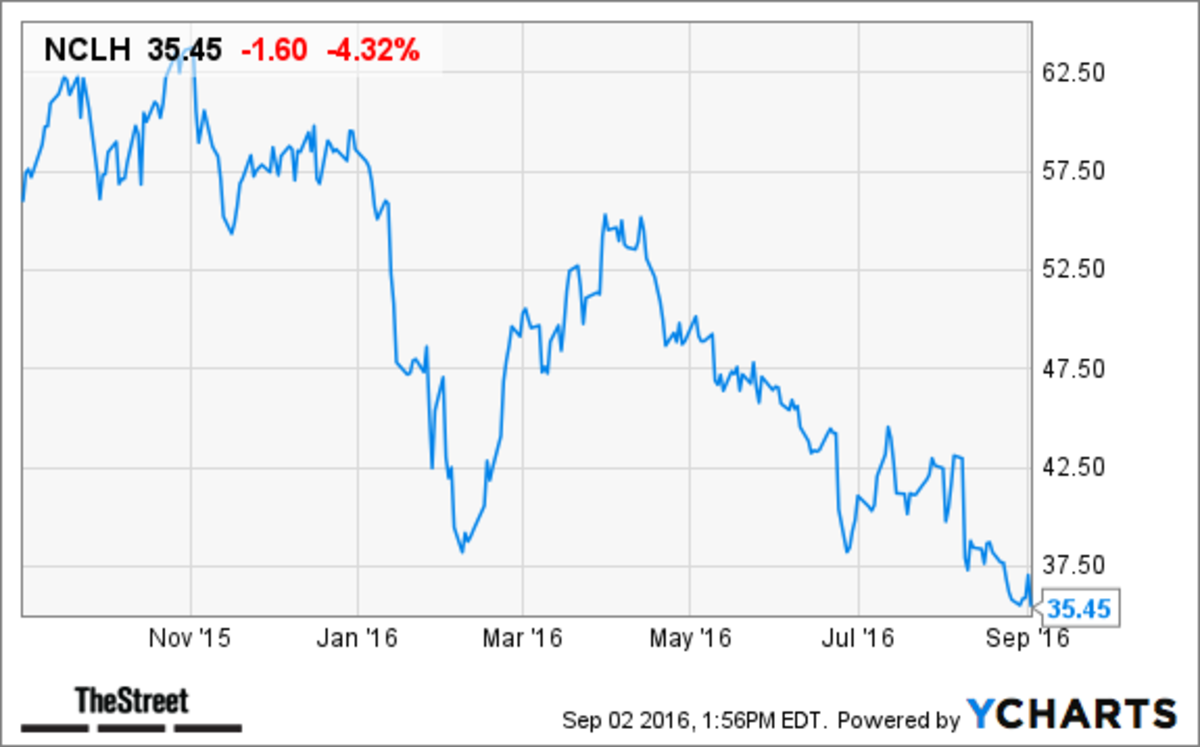Target's Shift On DEI: From Vocal Supporter To Changed Approach

Table of Contents
Target's Initial DEI Commitment and Public Advocacy
Target's early commitment to DEI was significant and widely publicized. The company actively engaged in various initiatives, aiming to foster a more inclusive environment both internally and externally.
Early Initiatives and Public Statements
Target's early DEI efforts were multifaceted. They included:
- Partnerships: Collaborations with LGBTQ+ organizations and minority-owned businesses.
- Advertising Campaigns: Featuring diverse models and storylines celebrating inclusivity.
- Internal Programs: Employee resource groups, diversity training, and mentorship programs aimed at promoting a more equitable workplace.
- Financial Commitments: Investing in community programs focused on social justice and equity.
Target received considerable positive press and accolades for these efforts, earning recognition for their commitment to diversity and inclusion within the business world. This strong stance cultivated a positive brand image.
The Positive Brand Image and Consumer Response
Target's early DEI initiatives resonated with a significant portion of its consumer base. This positive brand image translated into:
- Increased Brand Loyalty: Consumers who valued inclusivity felt a stronger connection with the brand.
- Positive Media Coverage: Numerous news outlets praised Target's progressive stance on DEI.
- Strong Social Media Engagement: Target's social media channels saw increased positive interactions and engagement from consumers who aligned with their values.
- Potential Sales Increases: While precise figures are difficult to isolate, many believe the positive brand image directly correlated to increased sales among demographic groups that valued Target's social stance.
The Backlash and Shifting Public Opinion
The launch of Target's 2023 Pride collection marked a turning point. The initiative, intended to celebrate Pride Month, instead ignited a significant backlash.
The Controversy Surrounding Target's Pride Collection
The controversy centered on:
- Specific Product Designs: Some items within the collection were deemed controversial by a segment of consumers, leading to protests and boycotts.
- Social Media Amplification: Social media played a significant role in escalating negative sentiment, with viral posts and coordinated campaigns targeting Target.
- Political Polarization: The controversy became entangled in broader political debates surrounding LGBTQ+ rights and corporate social responsibility.
The resulting negative publicity impacted Target significantly.
Financial Impact and Stock Performance
The backlash against Target's Pride collection had a measurable financial impact:
- Sales Declines: Reports indicated a decline in sales, particularly in the period following the launch of the collection.
- Stock Price Fluctuations: Target's stock price experienced some volatility in response to the negative publicity and decreased consumer spending.
- Investor Concerns: Investors expressed concerns about the potential long-term impact of the controversy on the company's brand image and financial performance.
Changing Consumer Sentiment and Brand Perception
The controversy significantly altered public perception of Target:
- Negative Social Media Sentiment: Online reviews and social media commentary shifted dramatically towards negativity.
- Decreased Brand Loyalty: Some consumers who previously identified with Target's values expressed disappointment and shifted their purchasing habits.
- Damage to Brand Reputation: The backlash damaged Target's carefully cultivated brand reputation for inclusivity and progressive values.
Target's Modified DEI Approach: A More Cautious Strategy?
In response to the backlash, Target has adopted a more cautious approach to DEI:
Subdued Public Messaging and Adjusted Product Lines
Target's current communication strategy regarding DEI is notably more restrained:
- Less Public Advocacy: The company appears to be less vocal in its public support for DEI initiatives compared to its earlier stance.
- Adjusted Product Lines: The scale and nature of future Pride collections or similar campaigns focusing on DEI themes are expected to be more carefully considered, potentially with a focus on less polarizing product offerings.
Internal Strategies and Employee Impact
The controversy likely prompted internal changes as well:
- Revised DEI Initiatives: Internal programs may have been adjusted in response to the backlash, potentially leading to a recalibration of strategic priorities.
- Employee Morale: The negative publicity and subsequent shift in strategy could impact employee morale, especially amongst those who strongly identify with Target's prior DEI commitment. Retaining employees from diverse backgrounds is a crucial factor for continued DEI success.
Conclusion: Analyzing Target's Shifting Course on DEI
Target's journey demonstrates the complexities of implementing DEI initiatives in the current business environment. The company's initial strong stance on DEI, while generating significant positive brand image, ultimately faced a significant backlash that resulted in financial consequences and a revised approach. This shift highlights the need for businesses to carefully navigate the sensitive balance between promoting inclusive values and managing potential risks to their brand and profitability. The ongoing impact of this shift on Target's long-term DEI strategy remains to be seen. We encourage readers to continue following the story and share your thoughts and perspectives on Target's evolving DEI strategy, and engage in further discussion on the topic of Target's shift on DEI, its implications for corporate social responsibility, and future brand strategies.

Featured Posts
-
 Giai Bong Da Thanh Nien Thanh Pho Hue Lan Thu Vii Thong Tin Ve Doi Vo Dich
May 01, 2025
Giai Bong Da Thanh Nien Thanh Pho Hue Lan Thu Vii Thong Tin Ve Doi Vo Dich
May 01, 2025 -
 Tahun Ini Bkpm Bidik Investasi Rp3 6 Triliun Di Pekanbaru
May 01, 2025
Tahun Ini Bkpm Bidik Investasi Rp3 6 Triliun Di Pekanbaru
May 01, 2025 -
 Kshmyr Brtanwy Wzyr Aezm Kw Thryk Ky Yaddasht
May 01, 2025
Kshmyr Brtanwy Wzyr Aezm Kw Thryk Ky Yaddasht
May 01, 2025 -
 Norwegian Cruise Line Nclh A Hedge Fund Perspective
May 01, 2025
Norwegian Cruise Line Nclh A Hedge Fund Perspective
May 01, 2025 -
 Nclh Earnings Beat And Raised Guidance Drive Stock Price Higher
May 01, 2025
Nclh Earnings Beat And Raised Guidance Drive Stock Price Higher
May 01, 2025
